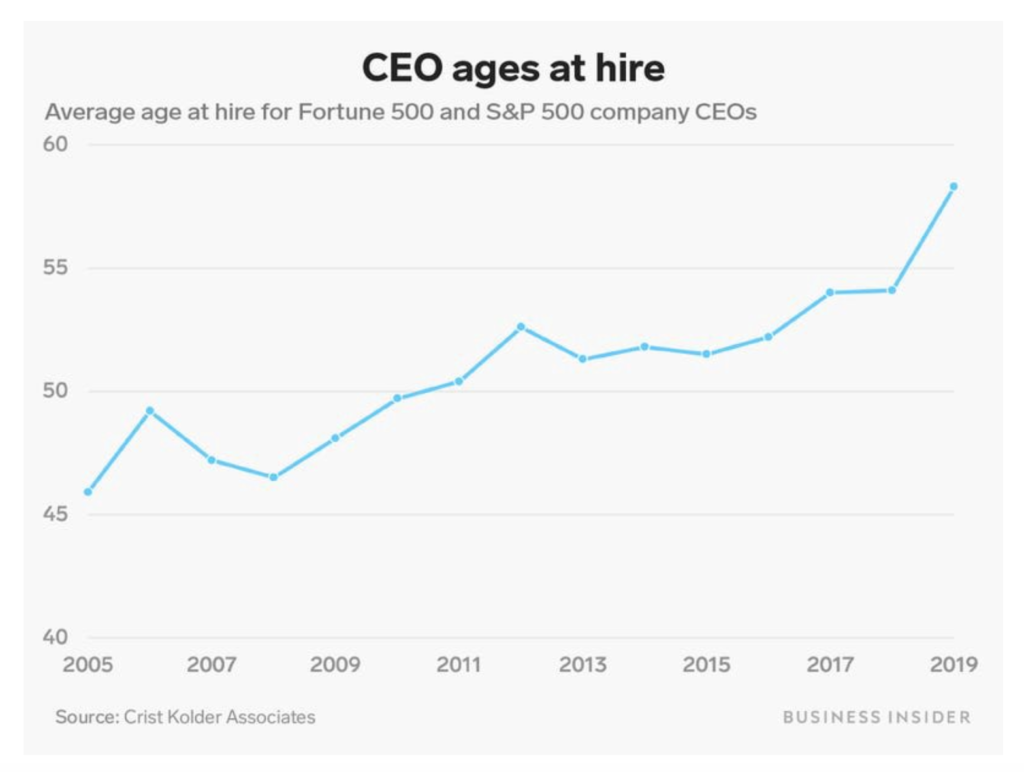I’ve been HR blogging for ten years. You learn a few tricks about blogging after that amount of time. One is you find out what people actually want to read by the search words they use to find your blog and various blog posts.
One of the most all-time most searched for terms that find my blog is:
“SPHR or SHRM” or “SHRM or HRCI” or “SCP or SPHR” or some combination of those terms.
For my non-HR readers, SHRM is the world’s largest HR association. HRCI is an organization that has certified HR pros through education and testing for decades. A couple of years ago, SHRM decided to take that type of activity in-house and do it themselves, which led to competition around who’s certification is better SHRM or HRCI, or which certification should you get SHRM or HRCI?
I wrote about this a couple of times, years ago, and it still comes up and I still get questions about it, so I thought I would do an update on the topic. The first time I wrote about this was in December 2016 when SHRM first announced its move into the certification space. My opinion then was I’m going to have both, and see how it all plays out, but SHRM is the brand name that HR pro and leaders identify with, no one really knows HRCI outside of the HR world.
What’s changed in the past three years?
Really, not much! It’s played out a little slower than I thought, and there hasn’t been really any big moves like I thought would happen on the HRCI side. My feeling back then was SHRM would slowly bleed HRCI dry and take over the HR certification space. That has definitely happened, but not at the pace I thought it would. I would have thought HRCI would have had to pivot by now or be out of business altogether.
But, a funny thing has happened. HR pros/leaders, by their nature, hate change and are slow to change, so those who had their HRCI certification, have basically just kept at it, instead of changing. If anything, we probably see more people now holding both certifications, which is really kind of silly to pay both fees. In fact, my plan is to not renew my HRCI certification the next time it comes up.
Why?
My feeling hasn’t really changed. SHRM is still, by a mile, the brand name that is recognized in the HR community. The reality is HR pros get an HR certification to better themselves, their career, and their HR knowledge. As an HR pro, when you go on an interview, almost no one is going to question whether you have an SHRM cert or an HRCI cert, only that you have the certification. Also, most executives will identify with SHRM as being the gold-standard, again mainly because the brand is so strong in the industry.
What’s Next?
In a modern world, what is it that people really need to show you they know their stuff? We all know someone who has a certification in HR that basically sucks at HR, so we go, “well, certifications tell us nothing!” I don’t agree with that. Taking both the SHRM cert and the HRCI cert, those assessments are for real. You just don’t show up, without studying, and pass those. So, there is definitely knowledge that is learned if you have one. But, we know that knowledge, alone, isn’t enough to be great at a profession.
SHRM has launched Micro-credentials, like mini-certifications, where people can dive deeper into certain aspects of the HR knowledge base. I think those have merit.
I think both HRCI and SHRM have completely missed the boat on talent acquisition certification. I’m on the board of ATAP and because it’s newly formed, and mostly volunteer, we don’t have the capacity to make this happen, but someone like HRCI could do it and it would be huge. Corporate TA leaders, more than anyone, struggle to find talent that knows what they’re doing. Again, certification doesn’t mean you’ll be great, but it’s a good first step to show someone actually cares about their profession and educating themselves.
SHRM’s answer to Talent Acquisition was the micro-credential and I got to be an instructor for one of the classes for this credential and the content was really good. But, it’s mainly designed for non-recruiting, recruiters. HR Pros who have to recruit, but it’s not their full-time gig.
More and more, we are seeing that formal education, getting your bachelor’s in HR, etc. It doesn’t have the ROI that it has in the past. This has led to many organizations hiring for positions and no longer requiring a college degree. HR is clearly one of those fields where a degree shouldn’t be a requirement. Some of the greatest HR pros I know do not have a degree but do have certification, and their lack of a formal degree has no bearing on their ability in HR at all. All that said, getting the degree will get you where you want to go faster.
The key to being great in any field is how you educate yourself and keep up on the industry. Too often I find way too many professionals that believe the way you keep up on being a great professional in your field is by showing up to work each day. That is not how you become great at anything! If you do not keep yourself up to date in your field and interact with others in your field, you slowly (or sometimes quickly) become obsolete.
Is there something else I should be getting besides SHRM or HRCI?
I do not feel, in the HR community, there is something else that replaces either one of these right now. There are a ton of new micro-learning, on-demand digital learning sites that are out there (Udemy, Lynda, Khan Academy, etc.) that can augment the things you won’t learn studying for SHRM or HRCI certifications.
Also, I do believe any modern HR Pro/leader has to really work to educate themselves on the HR Technology space that is now a critical component and competency for great HR in today’s world. Neither SHRM or HRCI really go deep enough on HR technology, but you will never get all you need from any one organization.
This is why your HR network of peers and mentors is critical. Networking with HR pros outside of your normal everyday world. Facebook and LinkedIn groups have really been excellent for this, in an online format. Local SHRM groups, DisruptHR, and various other local HR groups are also a great way to network and stay up to date on the latest HR trends and topics.


